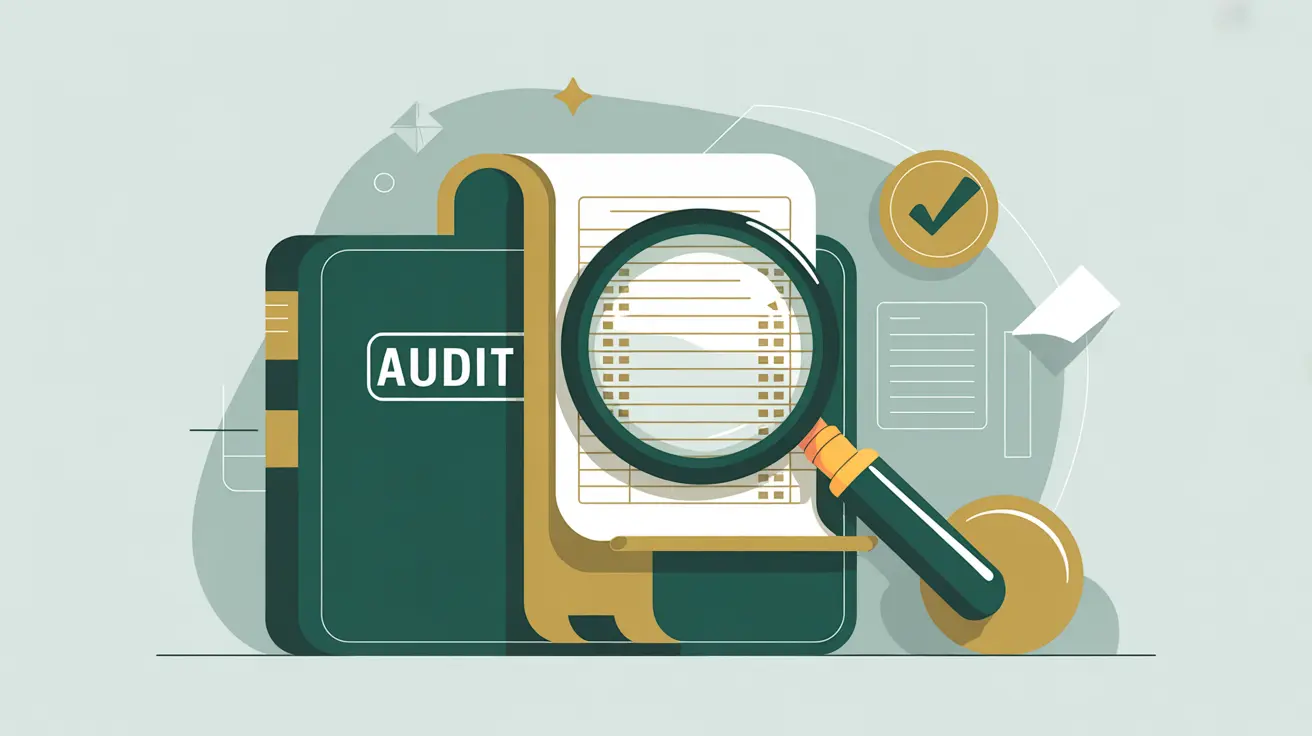Importance of Audit Readiness (Single Audit, Donor Audit)
Audit readiness ensures a nonprofit can demonstrate compliance, accuracy, and transparency when funders or regulators review financial records. This matters because audits are high-stakes events: poor preparation can result in disallowances, reputational damage, or even loss of funding. For nonprofits in social innovation and international development, audit readiness is critical due to complex, multi-country operations and stringent donor requirements. Boards and leadership value readiness as a sign of sound governance and financial discipline.
Definition and Features
Audit readiness is defined as the proactive steps a nonprofit takes to prepare for external financial and compliance audits. Key features include:
- Single Audit: required for U.S. nonprofits expending $750,000+ in federal funds annually.
- Donor Audits: specific to bilateral, multilateral, or foundation funders who request verification.
- Documentation: organized financial records, receipts, policies, and contracts.
- Internal Controls: systems in place to prevent errors, fraud, or noncompliance.
Audit readiness differs from audits themselves because it focuses on preparation and systems, not the review process.
How This Works in Practice
In practice, nonprofits maintain audit readiness by implementing policies, training staff, and conducting mock audits. For example, an international NGO managing $10 million in bilateral grants may run quarterly internal reviews, reconcile accounts monthly, and store documentation in a grant management system. Finance teams prepare audit binders, program teams document outputs, and leadership coordinates responses. Boards or audit committees often oversee readiness and receive updates on corrective actions.
Implications for Social Innovation
For nonprofits in social innovation and international development, audit readiness protects credibility and strengthens relationships with funders. Transparent preparation reduces information asymmetry by ensuring donors that financial practices meet the highest standards. Donors benefit from confidence in compliance, while nonprofits gain resilience and operational efficiency. By embedding audit readiness into daily practices, nonprofits avoid last-minute crises, secure future funding, and build the trust required to drive systemic change.







